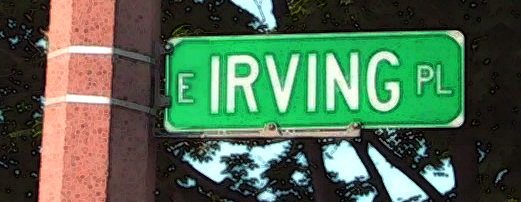Giselle 1943 featured magnificent dancing, wonderful costumes, and powerful sets. Unfortunately, the story did not work very well with the setting changed.
Rather than just being "a nobleman", Albrecht becomes a Nazi officer. Rather than just "peasants", Giselle and her fellow villagers are the doomed Jews of a European ghetto. No one is spared in this ballet, for instead of a group of Wilis (the spirits of young women who died before their wedding nights) the spirits of the second act are the Jewish community, who are gunned down before our very eyes. In light of this, Albrecht's grief seems more like self-pity than real remorse, and Giselle's forgiveness seems strange. Not only did Albrecht betray her (inadvertently, yet coldly causing her death) but he was a part of the appartatus that was brutally destroying her people. I found myself cheering when Albrecht was gunned down at the very end. "Serves you right, you bastard!"
The other incongruity was that after the Jews are gunned down on stage, and then rise up to dance as spirits (or zombies?) the music had some strangely happy sounding moments, that didn't match the action on stage. Certainly no one looked happy, but rather as though they had been sent to a concentration camp and gunned down in cod blood. So where do the tra-la-la themes come in?
However, when I looked past the troublesome plot points, and looked at the dancing on it's own, divorced from any plot or storyline, it was captivating. Traditional ballet with some modern dance type moves mixed in for spice, it was a satisfying visual spectacle. The ensemble was lithe and graceful to a man. The corps de ballet had plenty to do, beyond supporting the principles. The choreography alone was worth the ticket.
If you want another view on the production, Tom Strini provides it in the Milwaukee Journal-Sentinal. A pretty good review, although I had to laugh at this line, "Pink has set his "Giselle 1943" in an anonymous central European state occupied by an oppressive foreign army. Of course the army will read as German and the citizens as Jews, but they are not specifically identified as such." Um, gee. Who else could they be?


